Twelve barbarities you commit in the kitchen
Avoid
You have them so internalized that perhaps you don't even realize it
Rosanna Carceller
More and more people are encouraged to put themselves in front of the stove. Television programs such as Masterchef, and the good moment of Spanish gastronomy have contributed to the fact that amateur cooking schools have more applications.
Perhaps you too have recently become fond of cooking, or perhaps, on the contrary, you have been practicing for years; but surely, still, sometimes, you commit real barbarities in front of a frying pan or a pot of boiling water. We review some of the most common ones that you should correct.
Atrocities in the kitchen
1. Not washing your hands...
It is basic and one of the most important mistakes we make: not washing our hands thoroughly before cooking, or while we do so. The bacteria are there, and you have to prevent them from getting into the food. “Even if you handle food with gloves at one point, you should wash yourself when you take them off, since the gloves have products inside that you should avoid coming into contact with food. Also, with gloves your hands always sweat”, explains to Comer Erwan Poudoulec, chef-teacher and technical director of the Le Cordon Bleu Madrid hospitality school.
2. ...or the utensils
To avoid this cross-contamination -very important- it is not only important to wash your hands well, but also the utensils we use to handle raw food, such as knives or cutting boards. Let's remember that cross contamination is the process in which food comes into contact with others, cooked or not, and ends up being contaminated by its bacteria.
In professional kitchens there are different boards for cutting meat, fish, etc. If at home it is impossible for you due to a matter of space, it will be enough to sanitize these tables from time to time thoroughly, and wash them well when you change the ingredient. "Wooden cutting boards and even plastic ones can be sanded from time to time to kill off the most encrusted bacteria," says Poudoulec. "Bleach and very hot water to rinse well is also a good option."
To also avoid this cross-contamination, we should never use the plate where a raw food was to reserve it, once we have cooked it. “This is serious, it is the number one rule of the food handler. An example: the germs of raw shrimps can pass to the sautéed shrimps. To avoid this, we will reserve them, when they are already cooked, in a completely clean container, not on the same plate where we had them raw", Mireia Carbó, cook and teacher at her own school, and author of books such as "Cooking without get overwhelmed” (Vienna).
3. Not sharpening knives
Oddly enough, dull knives are very dangerous. “You have to force a little more in the action, and it will be easier to cut us. The ones that must be very sharp are always the onion and the lace”, according to Poudoulec. At home we can sharpen them with a steel (that metallic stick with a handle that is used for this purpose), but from time to time -every six months, for example- it is advisable to go through a professional sharpener. Joan Roca and Salvador Brugués told us about the maintenance of knives in this practical video.
4. Put kitchen knives in the dishwasher
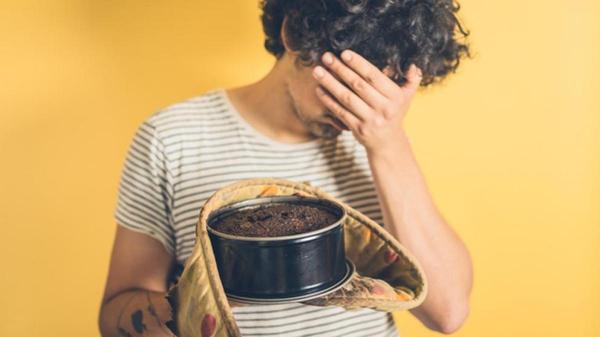
In addition to sharpening them well and taking care with their use, the products with which we wash the knives will also influence their maintenance: never put them in the dishwasher, use hot water and mild detergents to remove dirt. Excessive heat can also spoil them.
“The acid in some foods such as tomatoes or lemons can also make knives dull, so we will wash and dry them immediately so that this does not happen”, according to Óscar Teixidó, head of the kitchen at the Tourism Campus. , Hospitality and Gastronomy CETT-UB. “If we don't dry them well and they're not quality knives, they can rust,” he adds.
5. Cutting on marble or glass
A mistake that can destroy our knives – and it is a real shame if they are of quality – is “cutting on plates or on the kitchen marble. We must always do it on a special table, whatever the material it is”, explains Carbó. "If you buy some good knives, don't commit this sacrilege."
6. Blowing when the pan catches fire
I'm sure you know (it's a beginner) that you should remove any drop of water from all the containers or instruments you use to fry to prevent that water from jumping into the hot oil. What you must also internalize is that you cannot blow or pour water into a pan if a stir-fry or stir-fry has turned on. “This way you will only cause the flame to grow and make the situation worse. The best thing is to put a cloth or lid on the pan, covering it to put out the fire”, according to the technical director of Le Cordon Bleu Madrid. "In these situations, it is key not to panic, to be able to react accordingly."
7. A wet cloth to take things out of the oven
You have just realized that something you have in the oven is overcooked, and you reach for any kitchen cloth you have on hand, without check that it is not wet. "Be careful with this, the damp cloth makes the heat pass much better, and you can burn yourself," says Poudoulec. Before grabbing the oven tray or a hot Pyrex dish, think carefully and use the appropriate cloth.
8. Cooking barefoot... or in a bikini
You come home from the beach and, in flip flops and a bikini, you start cooking the potatoes for the omelette for dinner with friends. It is more dangerous than you imagine. “We must always cook something dressed and also with shoes. Let's not forget that in the kitchen there are knives, many hot objects, splashes… You wouldn't be the first to end up in the emergency room for preparing dinner in a swimsuit”, says Mireia Carbó. "Footwear is very important because everything can end up at our feet if we have a mishap in the kitchen," adds Poudoulec.
9. Testing with the spoon that you stir
It is very obvious that it is not the most appropriate, but surely you repeat this action over and over again -like most-: test your stew or stir-fry with the same spoon that you are removing “In my courses I repeat it over and over again. It is a very bad habit, should never be done. Try a clean teaspoon, put it to wash, and keep stirring with the one you were using”, says the cooking teacher.
10. Wash food that you shouldn't
We have explained it on occasion in La Vanguardia Digital, there are foods that you should not wash before cooking. “You have to avoid washing chicken because water is a conductor of bacteria. Eggs can be washed but just before use, don't wash them and store them because the shell becomes porous. In the case of fish, it can be washed with very cold water”, they explain to us at Le Cordon Bleu Madrid.
11. Leaving what you cook out of the fridge
Although putting hot food in the fridge is not the best thing to do, leaving it cold for hours and hours outside, on the kitchen counter, is not recommended either. “The ideal is to cool it quickly and from there transfer it to the fridge. In professional kitchens we have blast chillers, but in domestic kitchens you can use a bowl with ice and salt to put inside the container with the cooked food that we must cool before refrigerating. An example could be a broth, or rice”, points out Poudoulec.
There are other methods, according to Teixidó, from CETT-UB. “I recommend cooling the casserole in a cool place, on a spatula or tool so that it is not in direct contact with the marble, so that the air can flow underneath. If you live in a cold place and it is winter, you can leave it outside for a while, before putting it in the fridge. In addition, "we should not cover the pot, so that the condensed water does not wet the product. Sometimes the broth from the day before is chopped because you have covered it while you let it cool outside the fridge.
12. Freeze and thaw in any way
When you freeze any food, it is important that you follow some basic guidelines, such as packaging each product well, so that there are no exposed parts. "In addition, the freezing date must be stated to be clear about how long the food has been there," they say in Le Cordon Bleu. "If you freeze fresh products, make sure that the cold chain has not been broken at any time, and that they are in perfect condition."
When defrosting, it is better to do it with anticipation. "A piece of meat, for example, you should take it out of the freezer the night before and put it in the fridge," says this expert. "The method of using hot water to defrost something can make the product suffer because you are giving it a little cooking, and the food loses properties," explains Teixidó.
Show commentsUp to the minuteRafa Nadal begins by beating BerrettiniCristiano and Georgina's first date

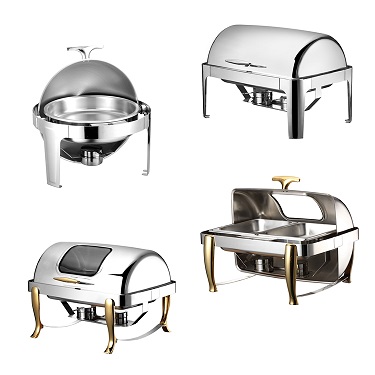
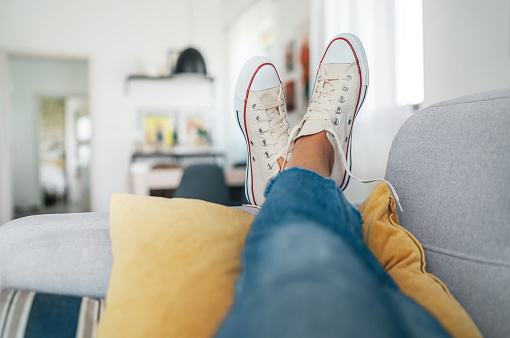
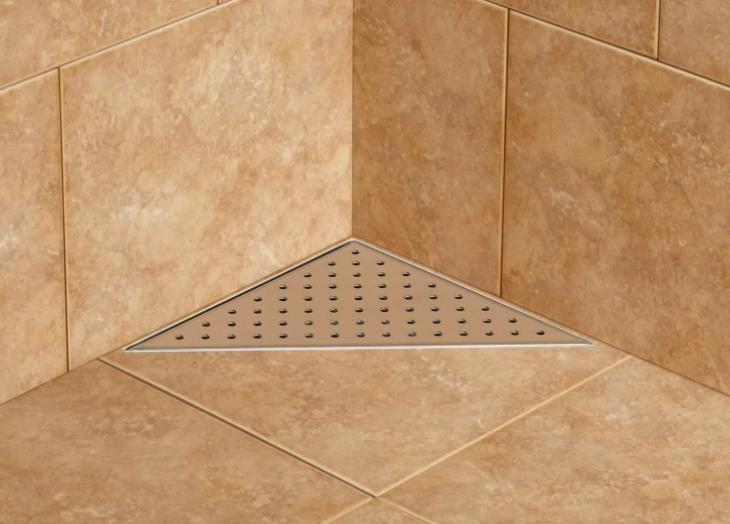
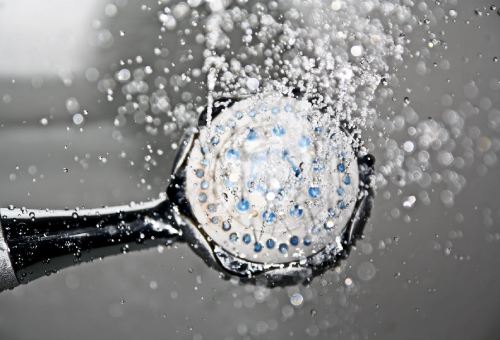

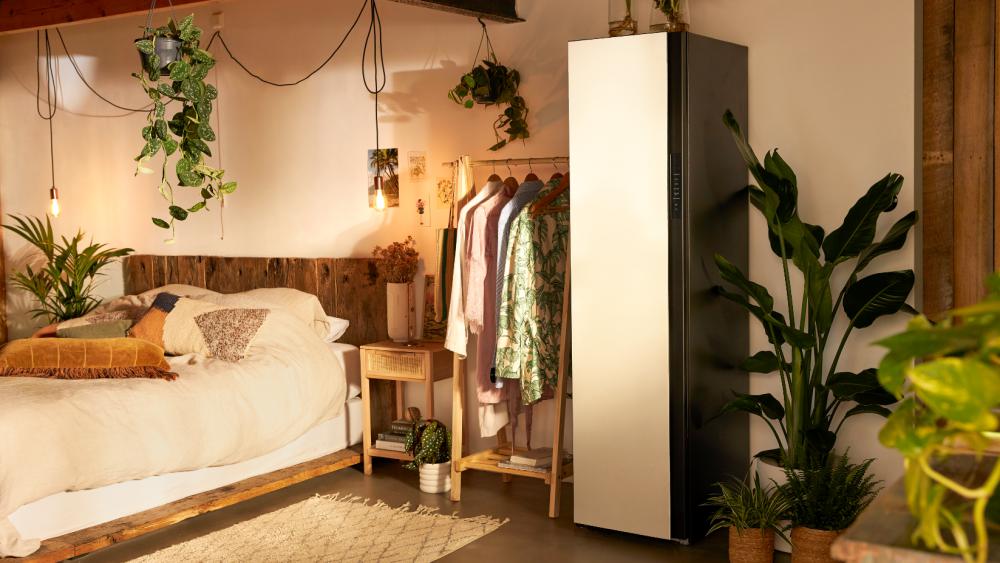
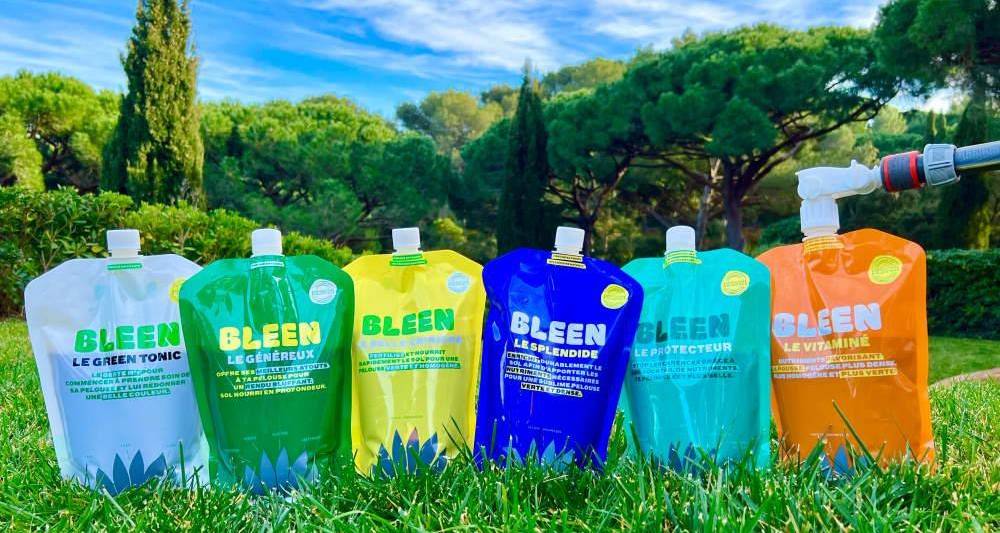
3985